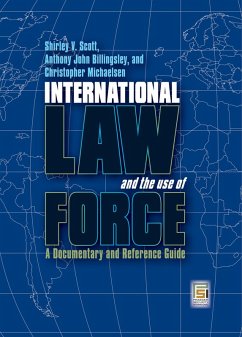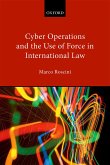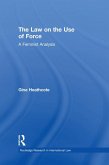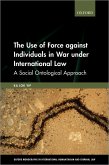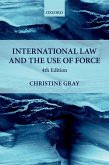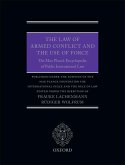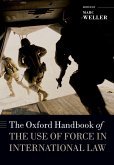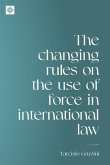This book is a discussion of key documents that explain the development, current status, and relevance of the international law governing the initiation of military hostilities.
International Law and the Use of Force: A Documentary and Reference Guide brings to life a crucial body of law, explaining its historical origins, the core rules and principles of the regime embodied in the Charter of the United Nations, and contentious aspects of that law in the contemporary world.
In light of the intensified interest in the question of justified or unjustified use of force, this timely resource introduces and analyzes over 40 documents relating to the legality of the initiation of military hostilities. The volume presents competing assessments of the legality of key uses of force and explains mainstream positions on important issues such as national right to self-defense, anticipatory and preemptive self-defense, terrorism, aggression, and the role of the UN Security Council. The book concludes by assessing whether the international law that seeks to limit the number of wars has in fact made the world a more peaceful place.
International Law and the Use of Force: A Documentary and Reference Guide brings to life a crucial body of law, explaining its historical origins, the core rules and principles of the regime embodied in the Charter of the United Nations, and contentious aspects of that law in the contemporary world.
In light of the intensified interest in the question of justified or unjustified use of force, this timely resource introduces and analyzes over 40 documents relating to the legality of the initiation of military hostilities. The volume presents competing assessments of the legality of key uses of force and explains mainstream positions on important issues such as national right to self-defense, anticipatory and preemptive self-defense, terrorism, aggression, and the role of the UN Security Council. The book concludes by assessing whether the international law that seeks to limit the number of wars has in fact made the world a more peaceful place.

